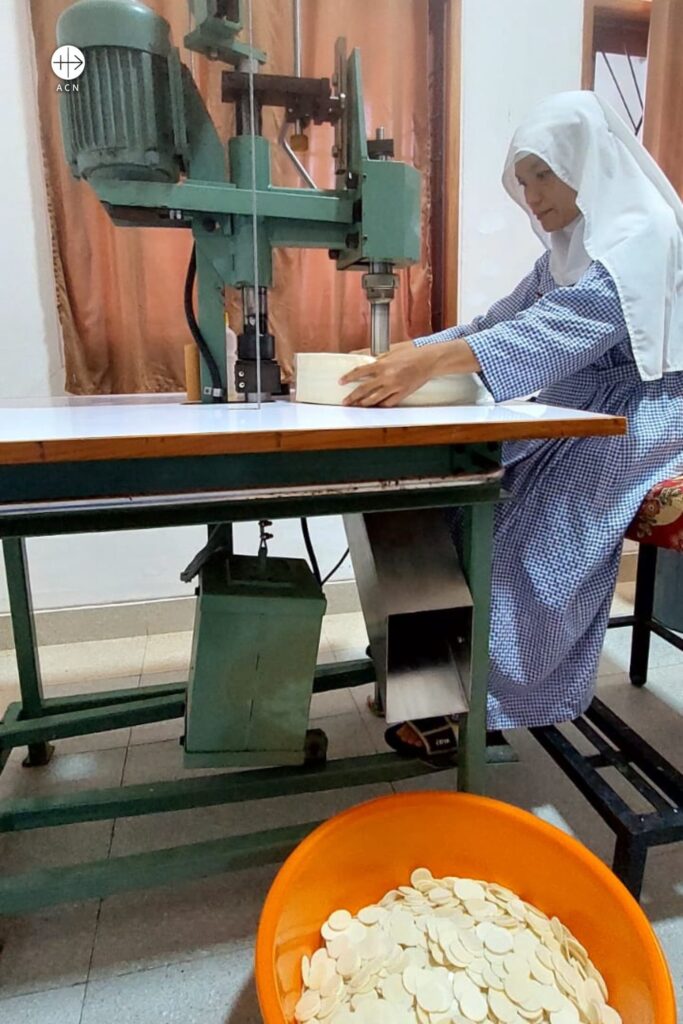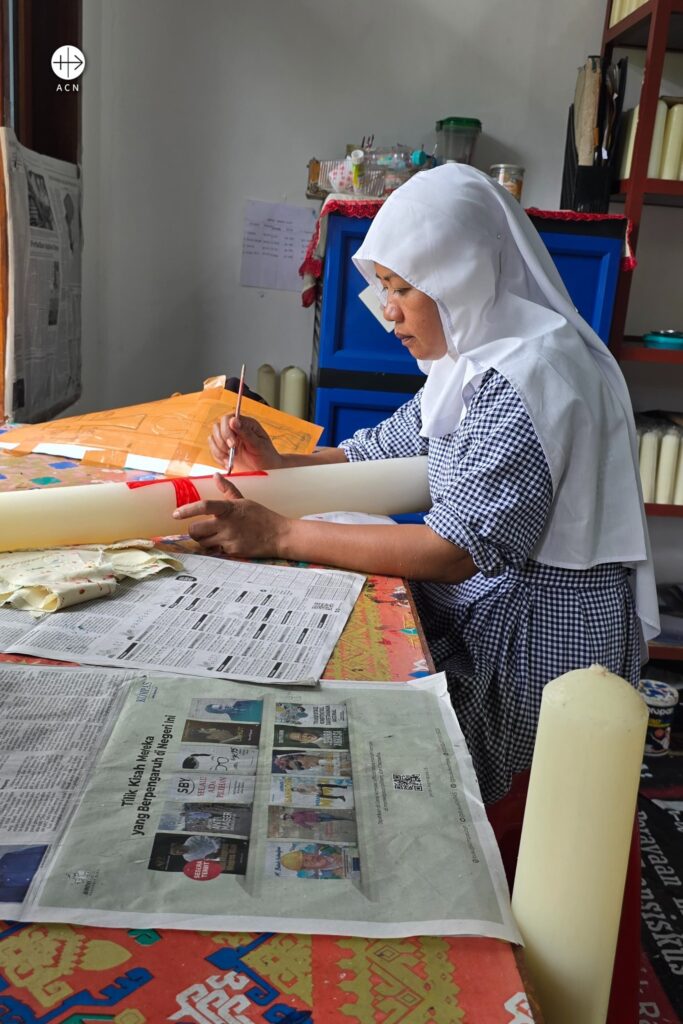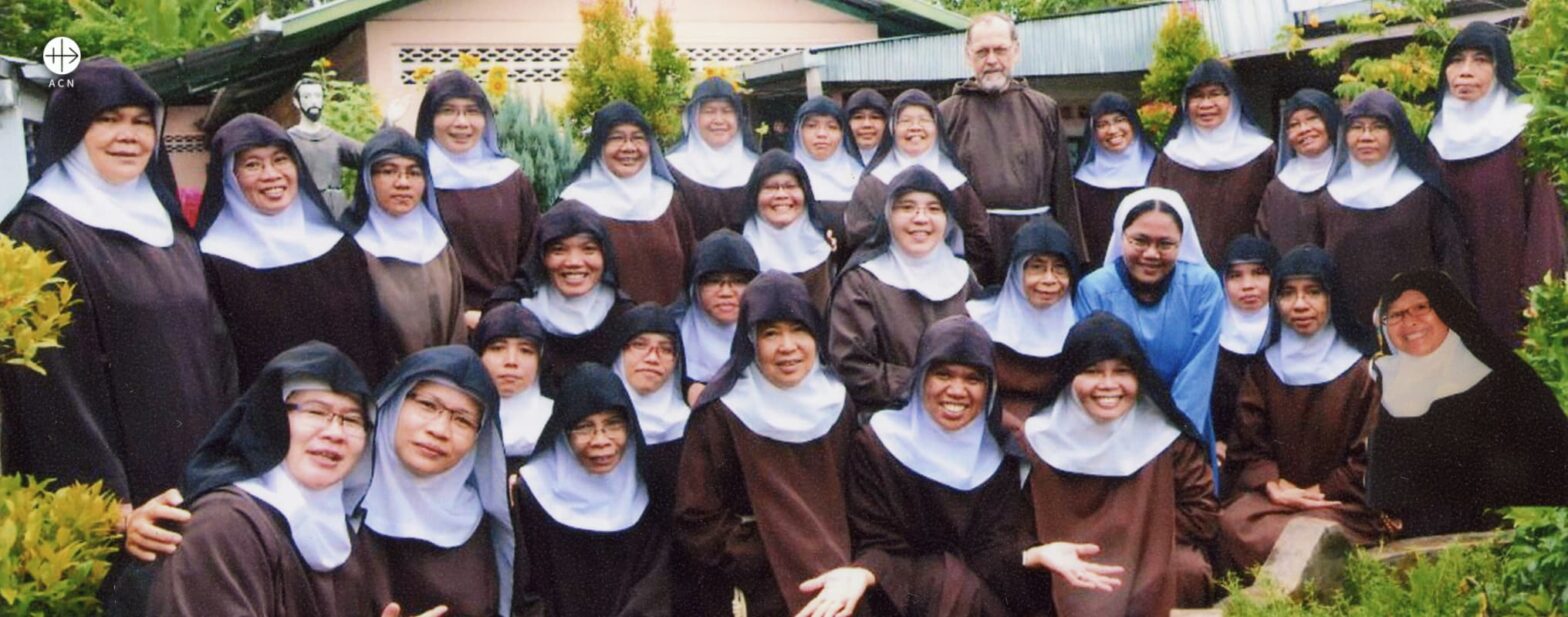Help better equip the workshop of a contemplative community
In the year 1212, the young and beautiful Chiara Offreduccio di Favarone slipped quietly out of her wealthy parental home, leaving behind all her loved ones, all her safety and security, and all her comfort and wealth in order to embrace a life of poverty, chastity, and obedience and give herself for the rest of her life to her Bridegroom Jesus Christ.
She had been “infected” by the ideals of Saint Francis of Assisi.

And so her horrified family was faced with a fait accompli. She had her hair cut off, to show that she had irrevocably chosen this life of radical imitation of Christ. In those days, it was not unusual for a young woman to enter a convent, but for a young woman from a noble family, her religious life would have to be reflective of her status. To choose a life of utter poverty was something novel and shocking. Yet very soon other young women joined her, and she herself would later be renowned throughout the world as Saint Clare of Assisi, the foundress of the Poor Clare nuns.
The outstanding feature of the Poor Clares is that it is not only the individual sisters who renounce all personal possessions, but the community itself should be poor and possess nothing.
Today, sisters from all over the world continue to follow the ideal of Saint Clare, as they do here in Indonesia. This nation of thousands of islands is also the most populated Muslim nation in the world, with around 281 million people. Christians account for just 10% of the population and Catholics just 3%. But there are many reasons for hope and joy, including the abundance of religious vocations in this nation of Southeast Asia.

The convent of the Poor Clares in Gunungsitoli on the island of Weetebula is likewise blessed with numerous vocations. This is how in 2017, 10 sisters were able to set up a new convent in Sibolga. Aid to the Church in Need (ACN) helped with this project, thanks to the support of our benefactors.
The sisters live a strict life of prayer and penance, entrusting the needs of the whole world to God and striving to support themselves by the work of their hands. Sister Maria Coleta Simamora tells us: “We live from day to day in great simplicity, but full of joy.”
In order to support themselves, they make candles and liturgical garments, and produce hosts for the Eucharist. But the very simple equipment at their disposal makes their labour difficult and painstaking. As a result, they have requested our help for better equipment, in particular professional sewing machines and better moulds for their candle making and other similar equipment. We have promised them $24,525.







